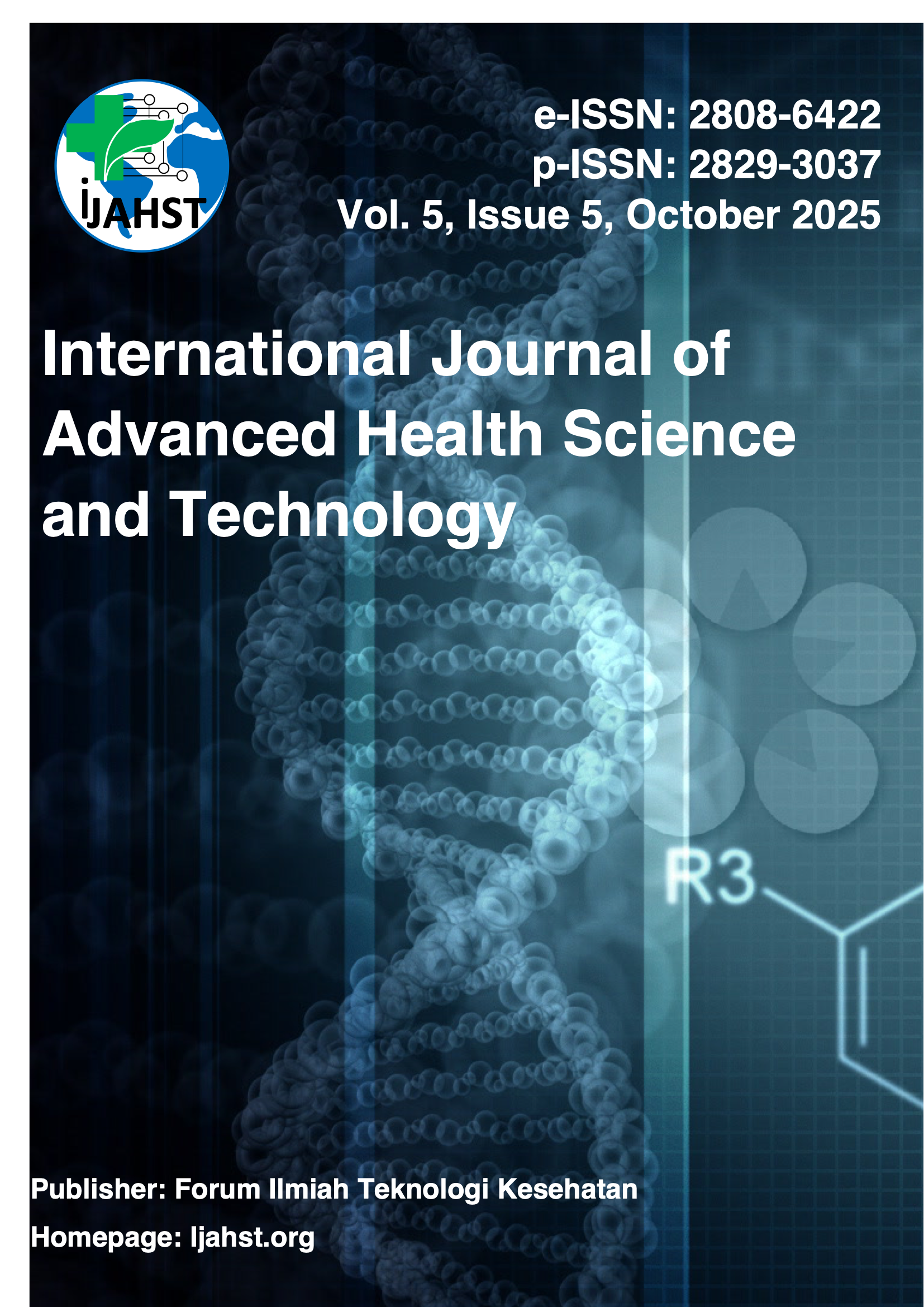The Relationship Between Oral Hygiene Knowledge and Oral Hygiene Status of The Elderly In The Periodontia Specialist Poly RSGM UNAIR
Abstract
The objective this research aimd to ascertain the connection between understanding of oral health and actual mouth cleanliness stats of elderly patients at the Periodontics Specialist Clinic of RSGM Universitas Airlangga. An analytical survey with a cross-sectional method was used for this research. Through purposive sampling, a total of 54 individuals were selected to participate. The findings indicated that most of respondents had a middle level of knowledge regarding oral and dental hygiene, while most exhibited poor oral hygiene status. The Chi-Square test was conducted to the gathered data to examine the correlation between participants’ knowledge and their oral hygiene status. Nevertheless, the analysis revealed no significant association between understanding of oral health and actual mouth cleanliness stats among the elderly. This outcome is presumed to be due to the absence of behavioral data related to the respondents' oral hygiene practices. Consequently, it’s recommended that healthcare providers consistently offer education and counseling on oral and dental care to the elderly in order to enhance their oral health status.
Full text article
Authors
Copyright (c) 2025 Nuril Hanifah

This work is licensed under a Creative Commons Attribution-ShareAlike 4.0 International License.
Authors who publish with this journal agree to the following terms:
- Authors retain copyright and grant the journal right of first publication with the work simultaneously licensed under a Creative Commons Attribution-ShareAlikel 4.0 International (CC BY-SA 4.0) that allows others to share the work with an acknowledgement of the work's authorship and initial publication in this journal.
- Authors are able to enter into separate, additional contractual arrangements for the non-exclusive distribution of the journal's published version of the work (e.g., post it to an institutional repository or publish it in a book), with an acknowledgement of its initial publication in this journal.
- Authors are permitted and encouraged to post their work online (e.g., in institutional repositories or on their website) prior to and during the submission process, as it can lead to productive exchanges, as well as earlier and greater citation of published work (See The Effect of Open Access).

